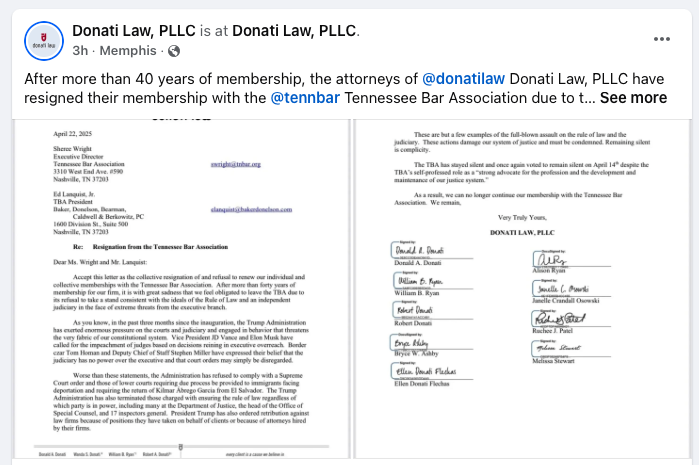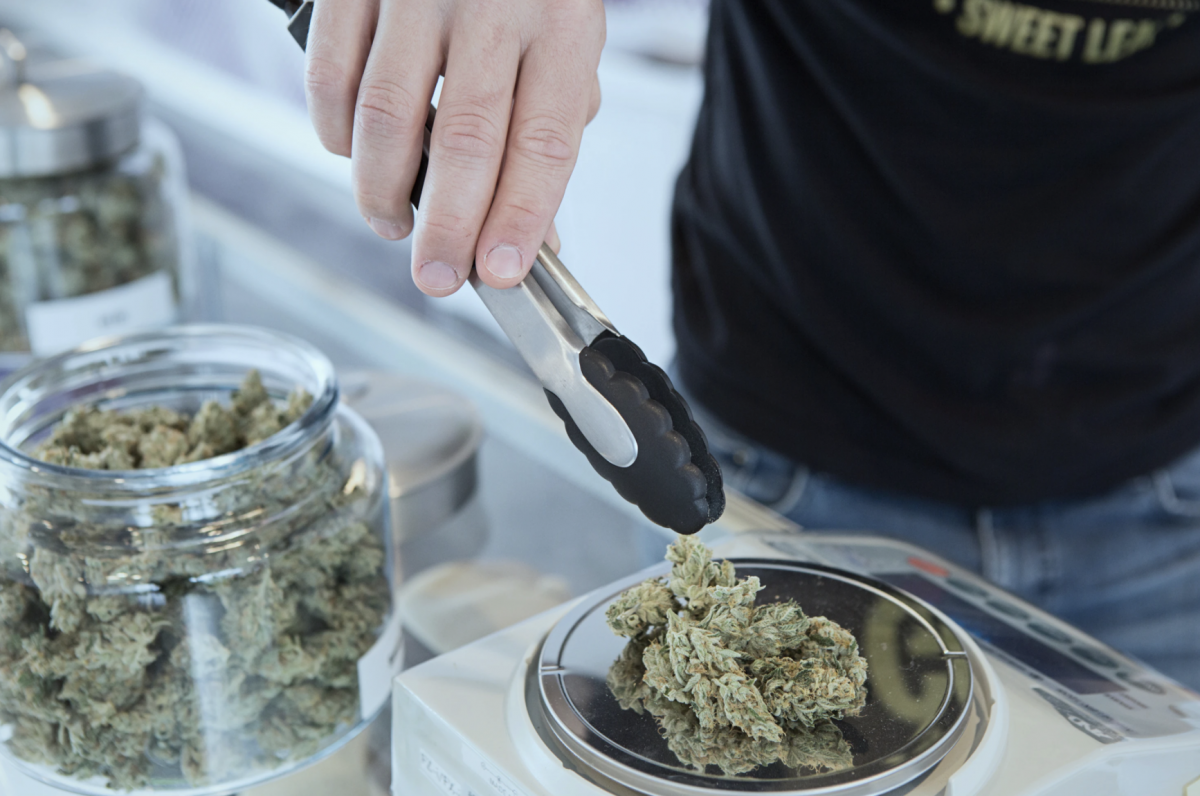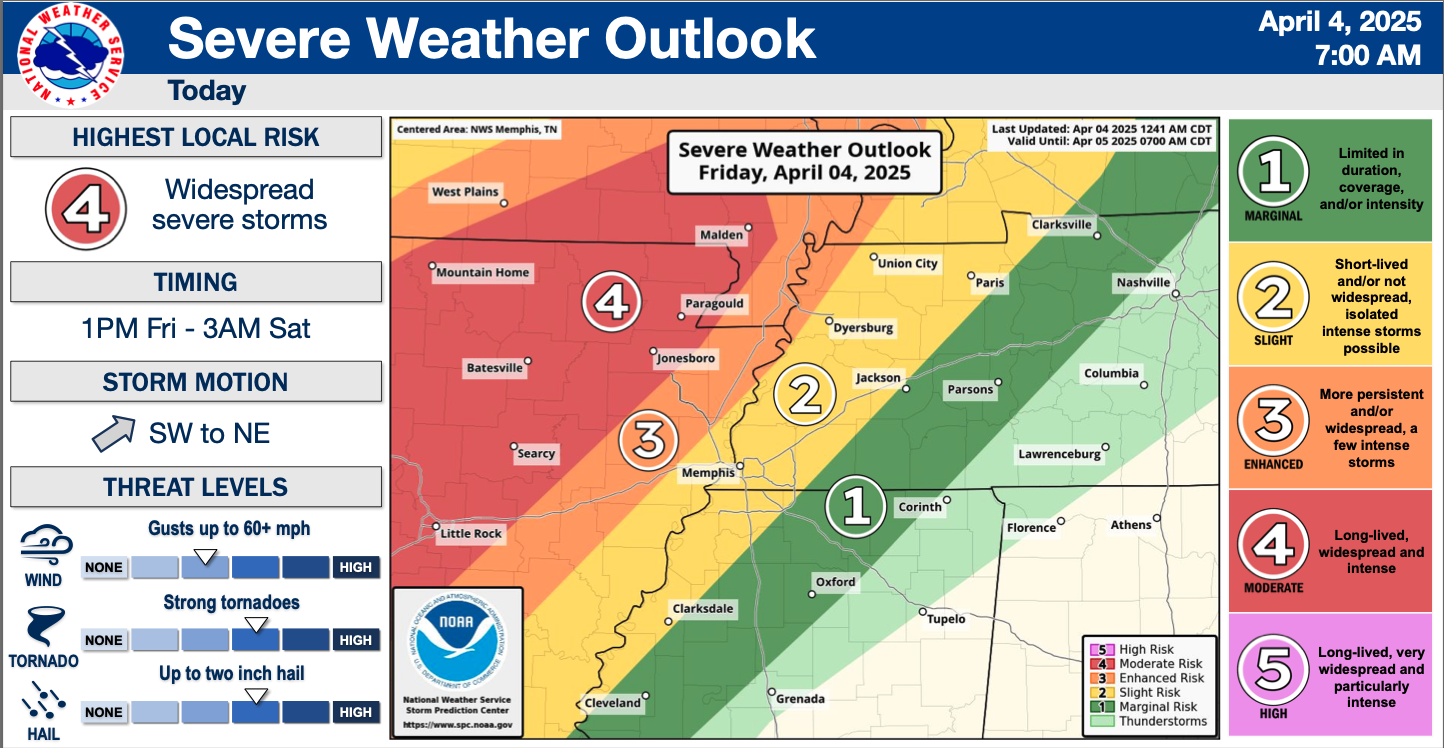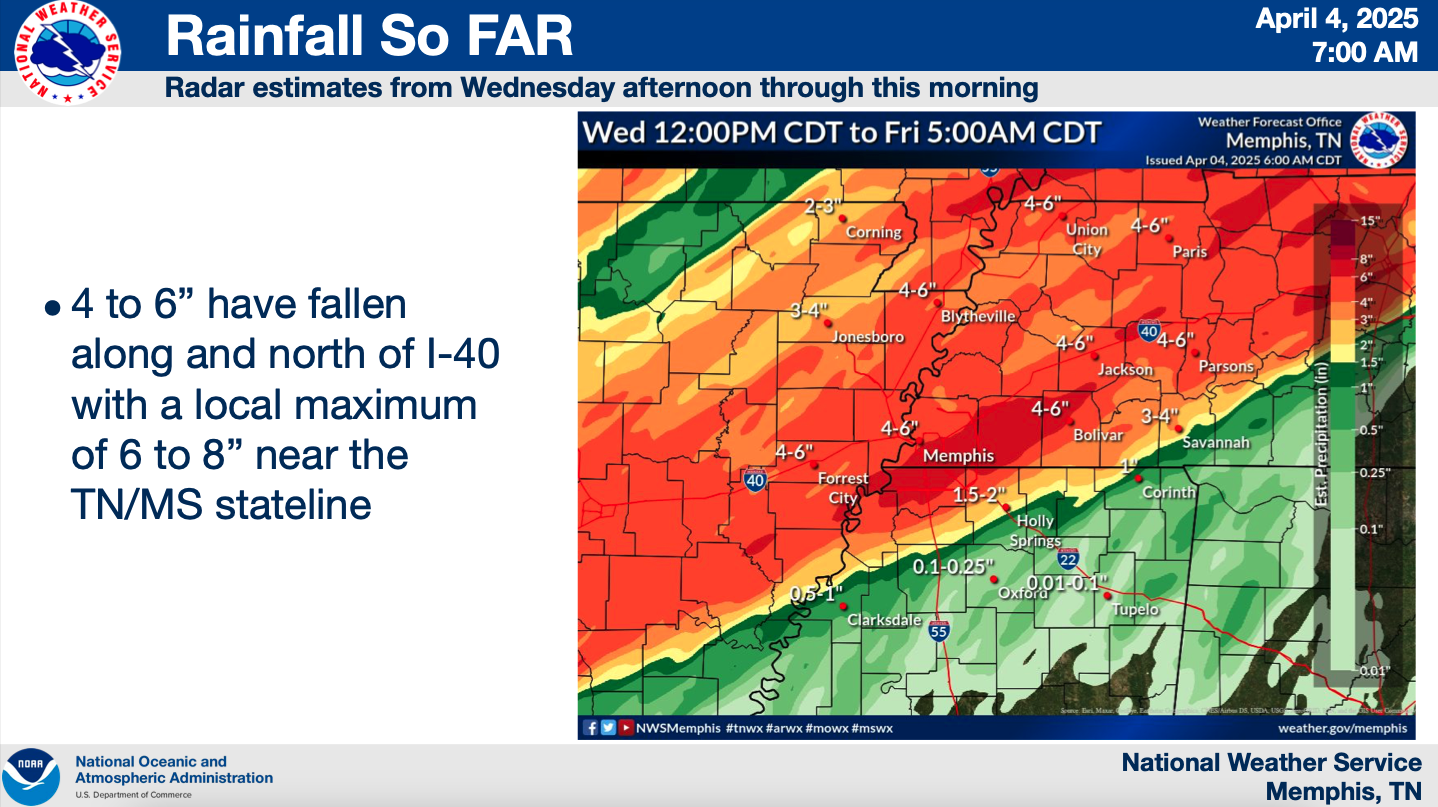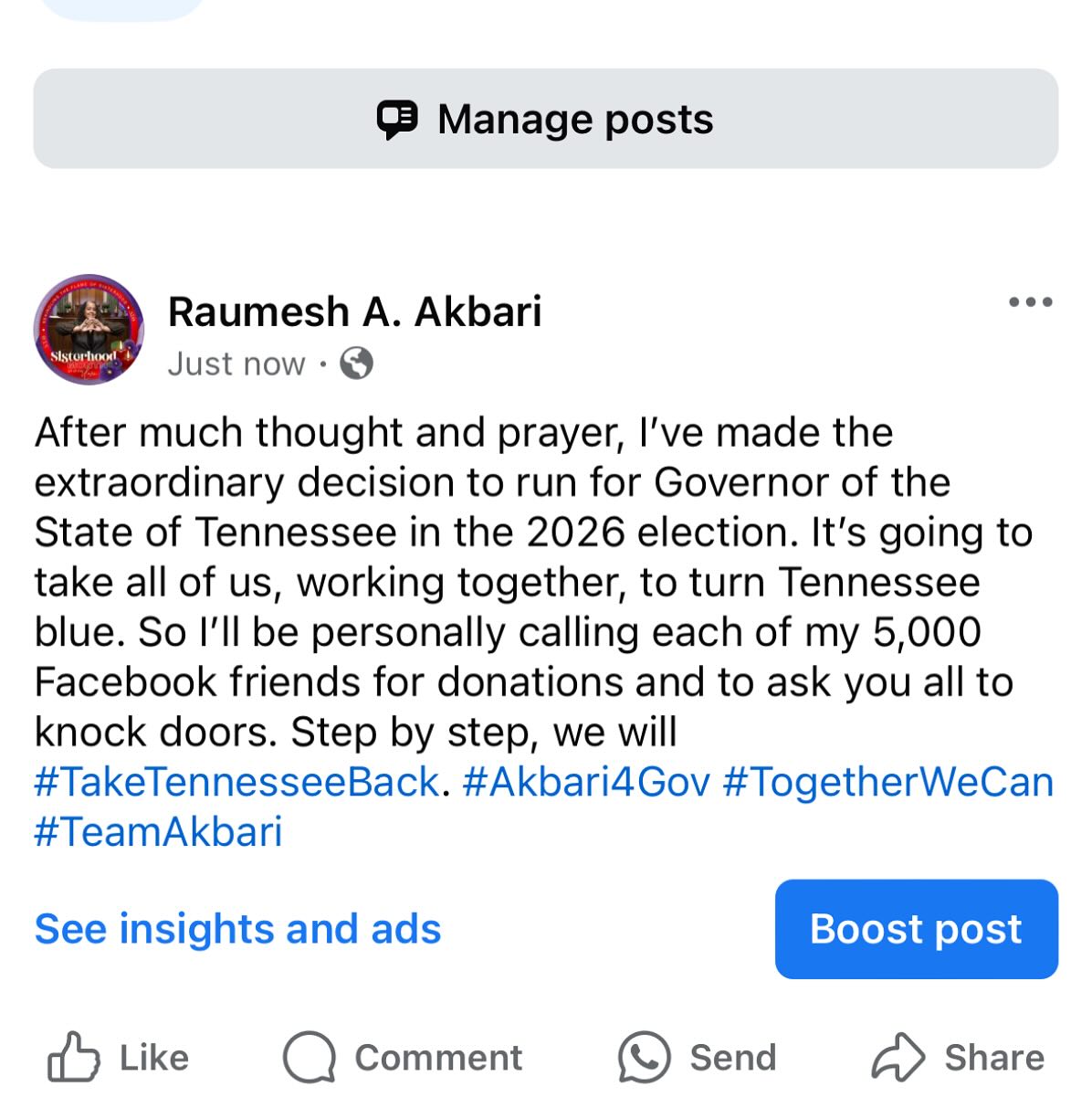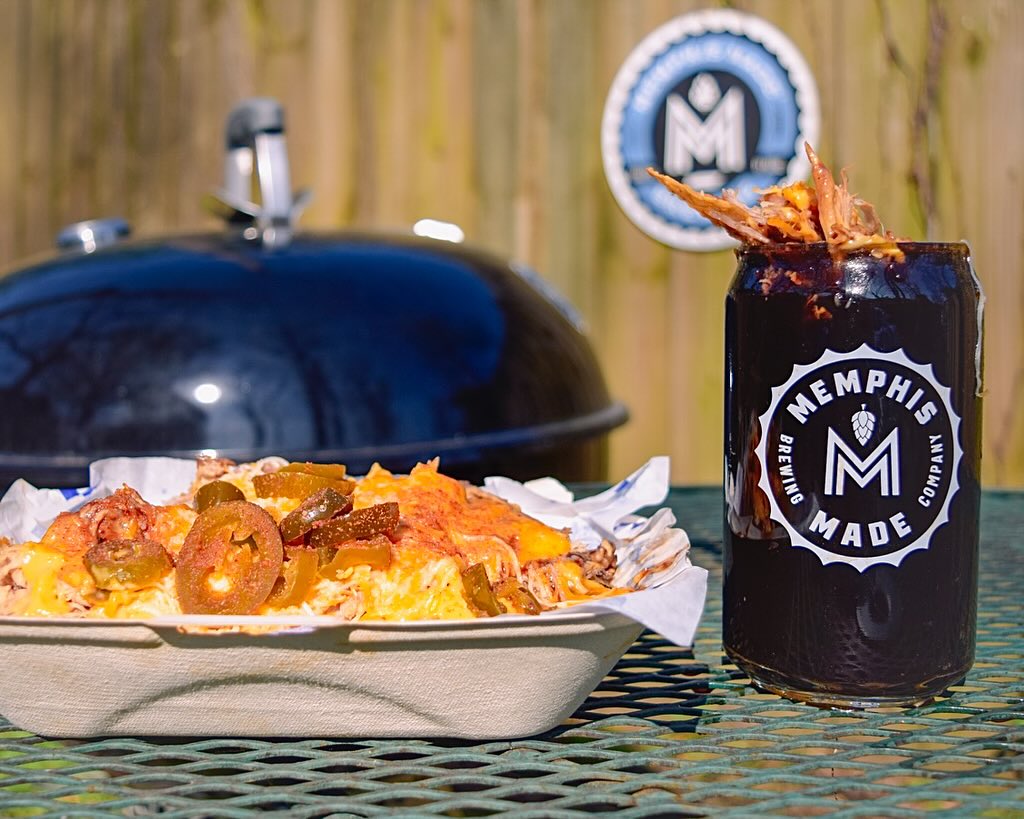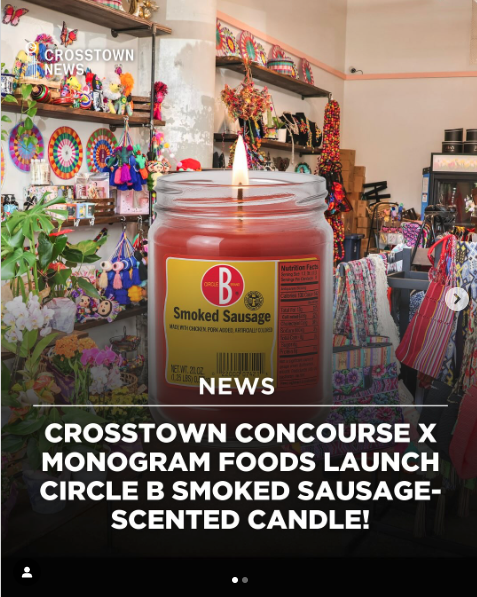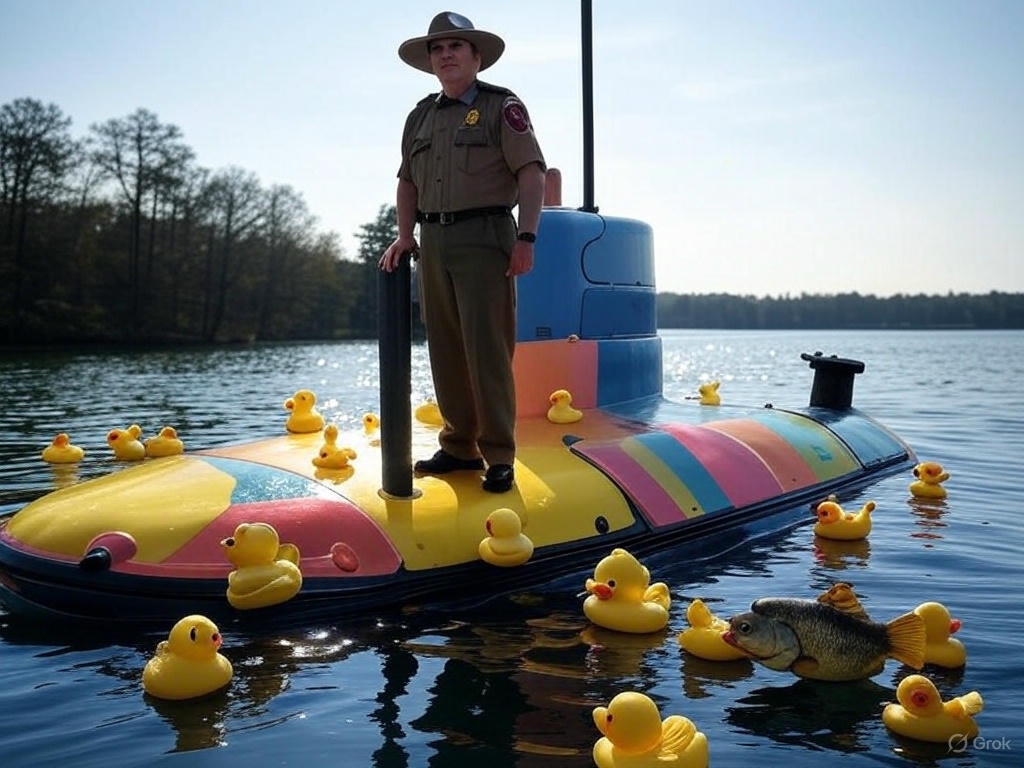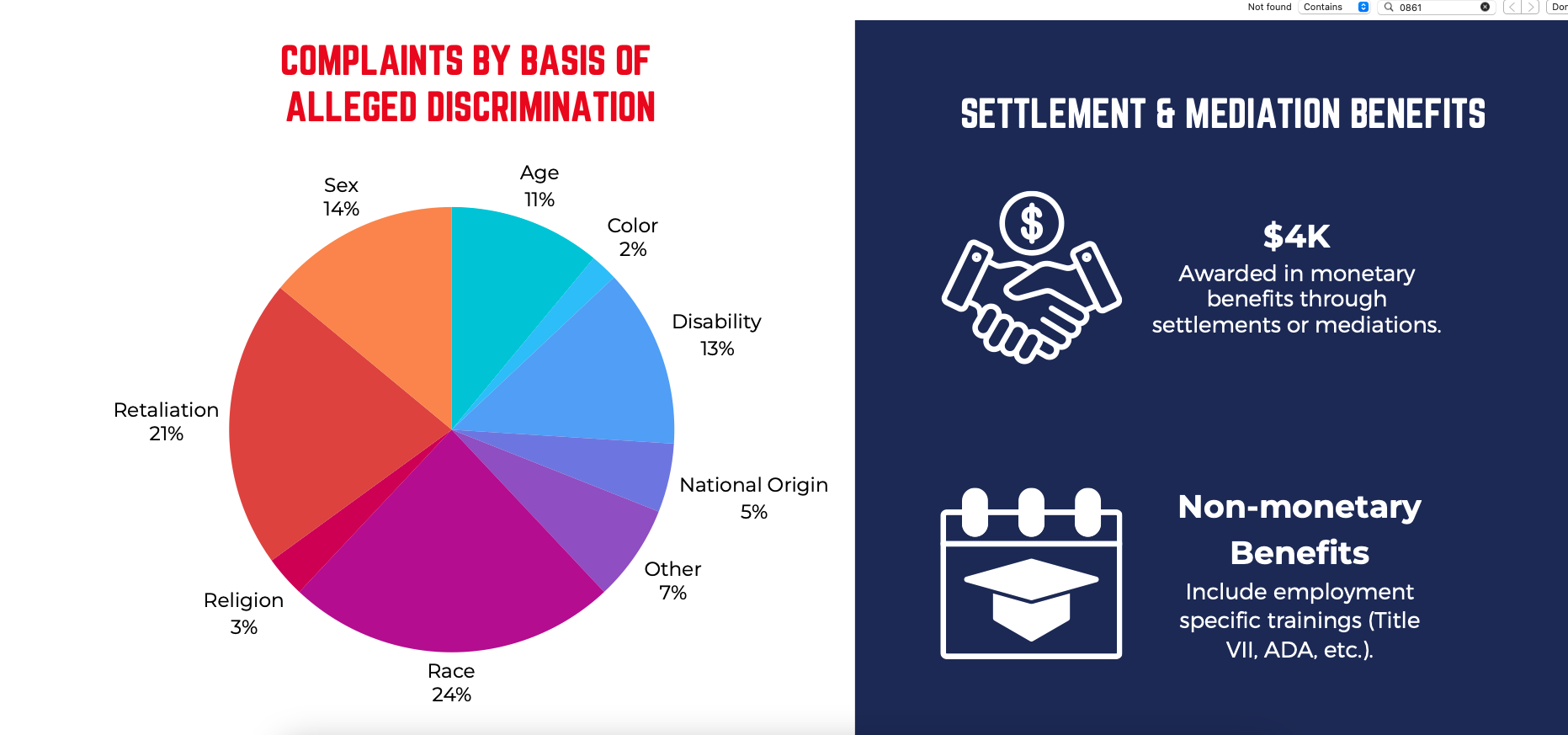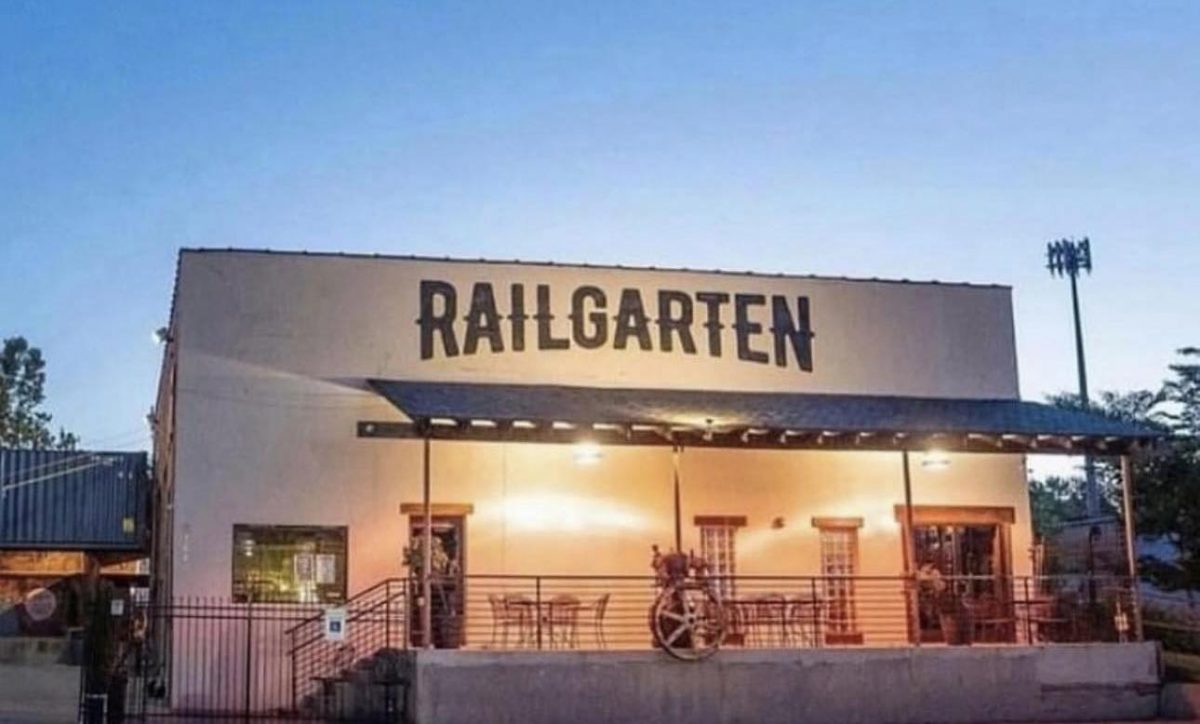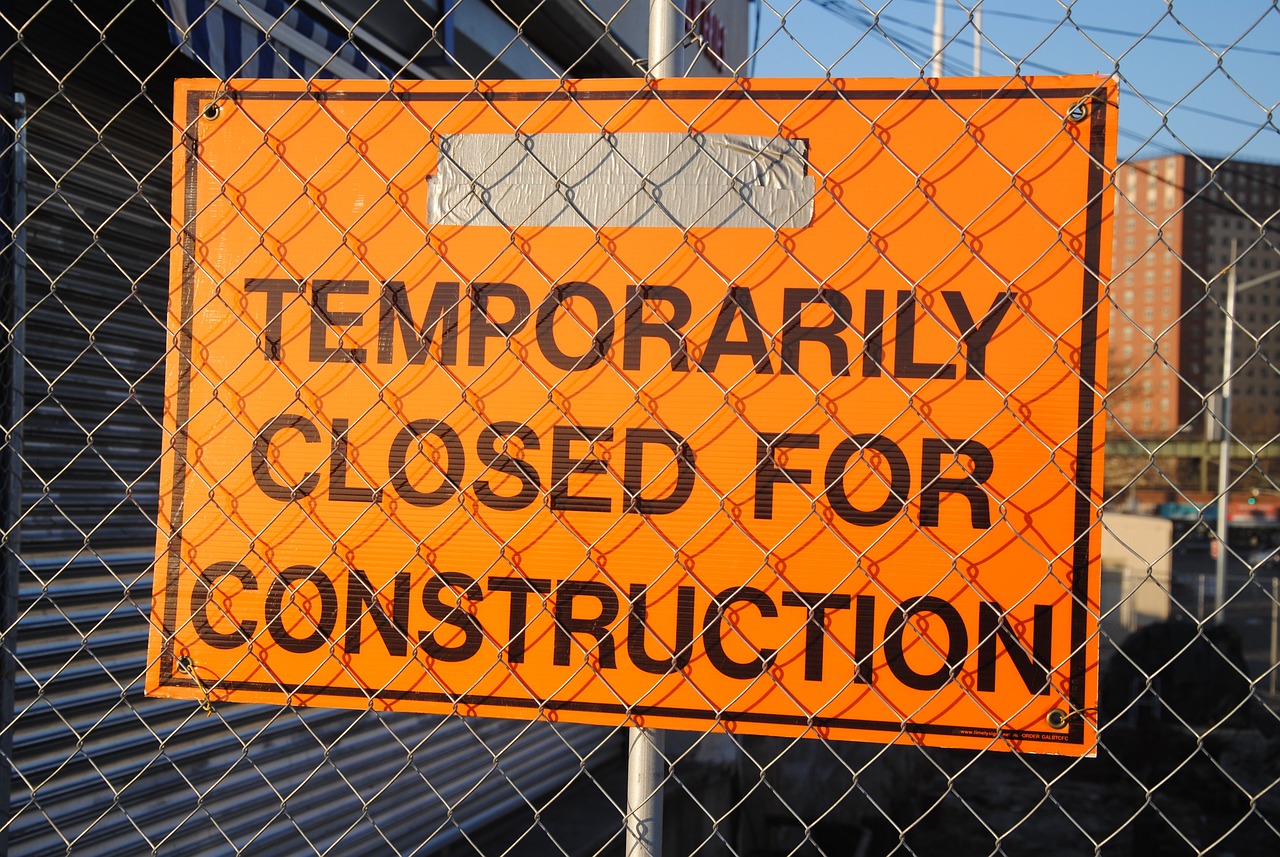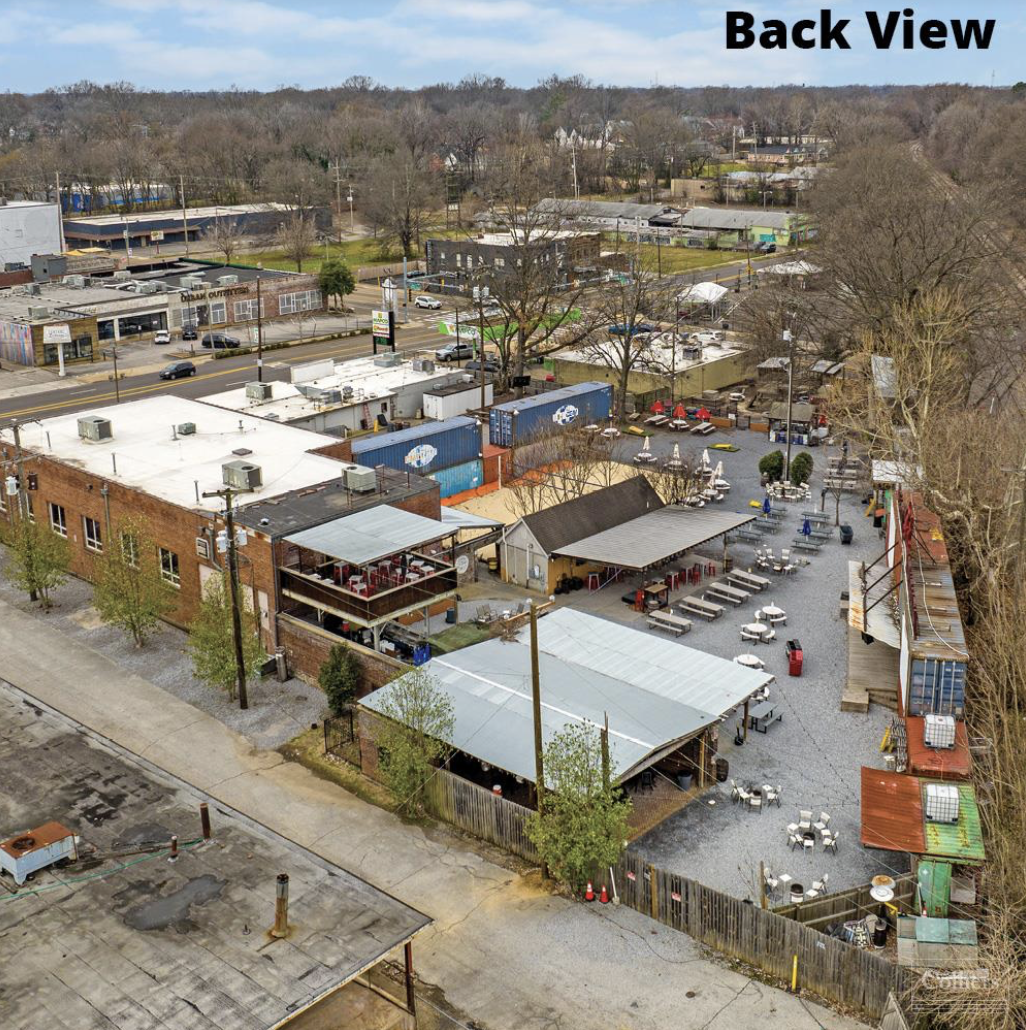West Virginia sculptor Jamie Lester will create the sculpture of West Tennessee frontiersman and statesman David Crockett for an iconic spot on the Tennessee State Capitol.
State lawmakers agreed to erect a statue of David Crockett on the capitol grounds in 2021. Efforts to do so go back to at least the creation of the David Crockett Commission in 2012. (Read our previous story on this here.)
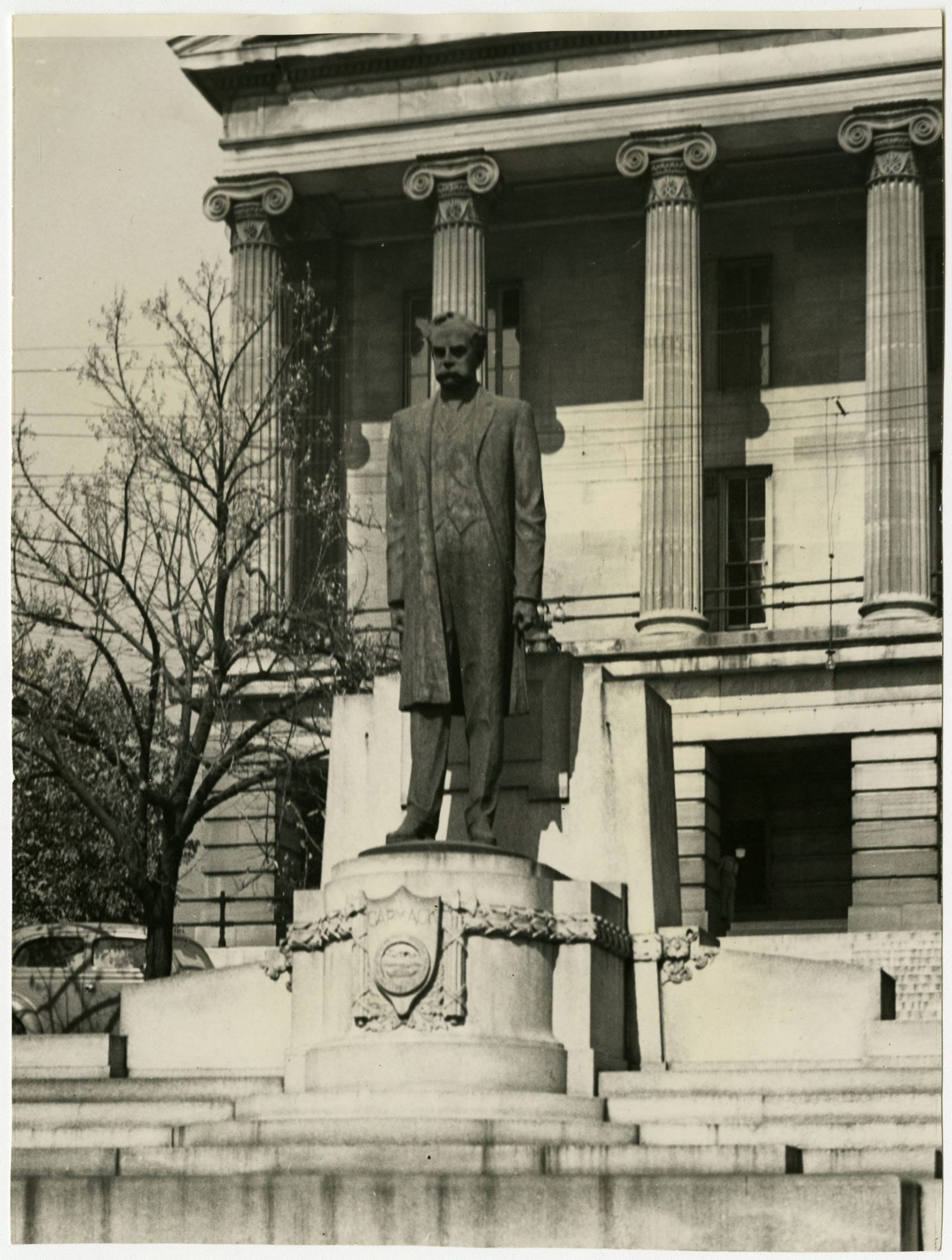
Crockett’s statue will replace a statue of racist, segregationist newspaper editor and politician Edward Carmack. He was, among other things, the editor of the Memphis Commercial newspaper when he incited a mob against anti-lynching activist, journalist, editor, and business woman Ida B. Wells. The mob destroyed her newspaper office.
Carmack was shot and killed by political rivals in Nashville, near where his statue was erected in 1927. The statue was installed, however, by a prohibition group (Carmack was also a staunch prohibitionist) that thought his big-profile death could further their cause.
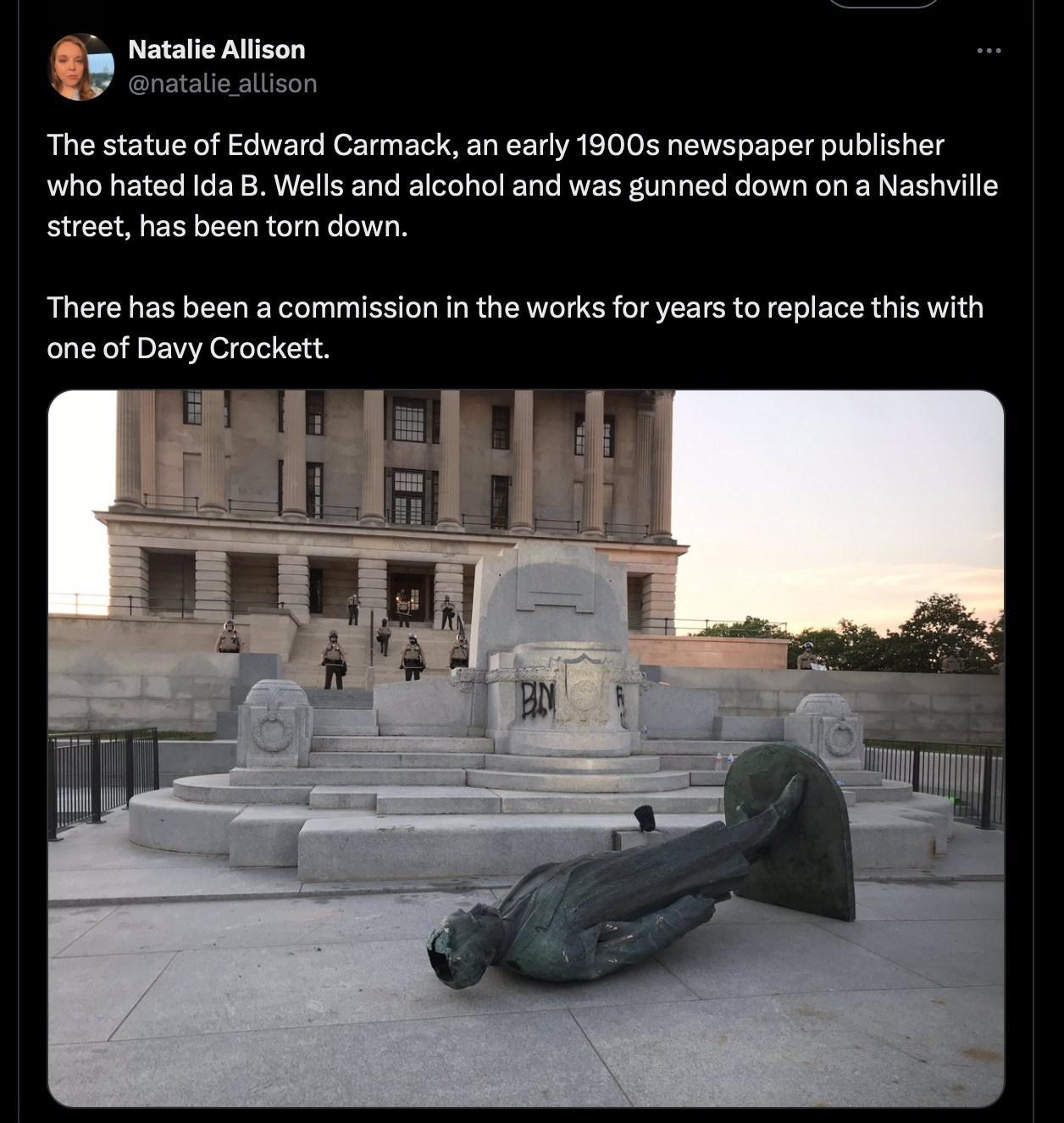
Protesters tore down Carmack’s statue in 2020 during the turmoil following the police killing of George Floyd. One of the 2021 bill’s sponsors, Sen. Steve Southerland (R-Morristown), even told The Chattanooga Times Free Press at the time, he “didn’t think it would be possible to remove Carmack.” The newspaper story said, Southerland “smiled and then added: ‘Someone removed it for us, so they did us a favor.’”
Lester and his company, Vandalia Bronze, were selected Tuesday by the State Capitol Commission (SCC). The vote came after several meetings of a group to find sculptors, receive proposals, and narrow down 28 proposals to the finalists for the SCC. That group of technical advisors included David Crockett experts, sculptors, legislators, state officials, Tennessee Arts Commission members, architects, and historians.


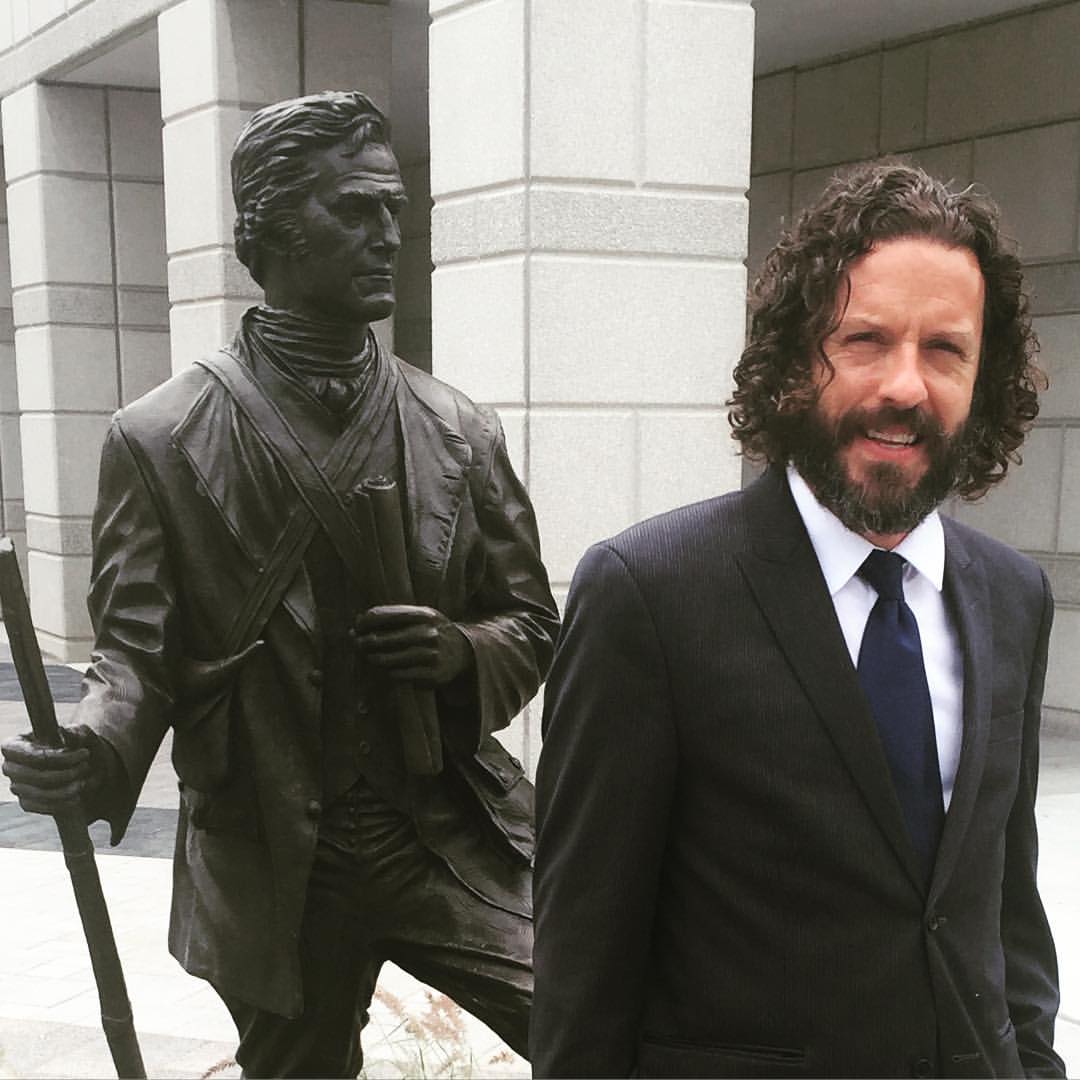



Lester and his team have produced projects for the World Golf Hall of Fame, the Brooklyn Wall of Remembrance, and he created a life-sized sculpture of actor Don Knotts for the city of Morgantown, West Virginia. His work also includes numerous sculptures of people in business, sports, politics, and religion.
Artists for the Crockett statue were scored in three categories. Lester scored highest of them all in each category. His proposal for Crockett shows the man as a “guardian of the frontier” standing atop a stone with his dogs Rattler and Tigger beside him. Crockett’s body for the statue will likely stand eight to nine feet tall, according to State Architect Ann McGauran.
Crockett’s dogs, it seemed, helped to win Lester’s design admiration and votes.
“I personally love the incorporation of the dogs,” said Tennessee Finance and Administration Commissioner Jim Bryson after the vote Tuesday. “I’m a dog person. I think the dogs make it really special.”
To this, McGauran said the dogs got plenty of discussion from the group of technical advisors working on the Crockett statue project.
The State Building Commission will soon vote on Lester’s contract. If approved, his team will deliver a one-third scale model of the final design. If the design is approved, the Crockett statue will be delivered and ready for installation on the south side of the capitol by 2026.


